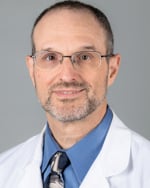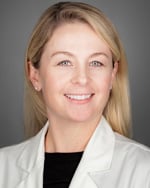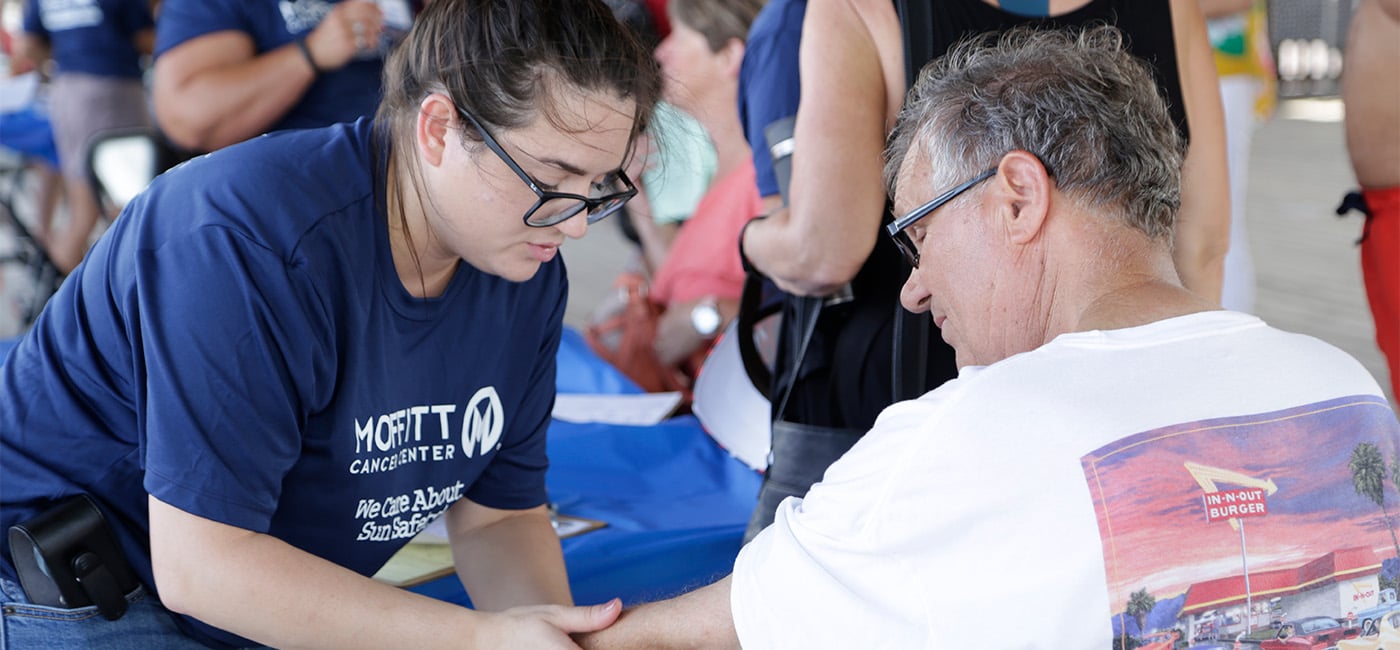Moffitt Returns to Pier 60 for Annual Cancer Screening Event
Moffitt Cancer Center’s Mole Patrol® and Head & Neck screening teams will return to Pier 60 in Clearwater Beach on July 29 to offer free cancer screenings from 9 a.m. until 3:30 p.m.
Moffitt’s Cutaneous Oncology team screened more than 200 people at the 2022 event and discovered 104 suspicious findings and four instances of melanoma. The Head and Neck Oncology Program screened 157 people at the pier in 2022.
“Each year, we find areas of concern and our goal is to get those issues evaluated as soon as possible,” said Dr. Vernon Sondak, chair of the Department of Cutaneous Oncology.
Getting screened at the pier is easy, Sondak said, because so many people are already there in beachwear, which allows screeners to offer a thorough skin and head and neck exam.

“If there is a need for privacy, of course we can provide that, as well,” Sondak said. “Skin cancers, including melanoma, are right there on the surface and that means we have the opportunity to find them early.”
Screenings are free and are done quickly. Head and neck cancer screenings only take a few minutes and are done by trained professionals who look into the mouth and throat and feel the neck.
“We examine the mouth for lesions and ulcers and feel the sides of the neck and face for any lumps,” said Dr. Caitlin McMullen, a surgeon in Moffitt’s Department of Head & Neck – Endocrine Oncology.

Head and neck screeners can also look in the ears and nose for anything concerning. It’s a noninvasive process that can give people peace of mind or alert them to the need for a more thorough exam later.
This is the fifth time the two Moffitt programs have teamed up for screenings. Both will use the space at the pavilion overlooking Clearwater Beach near the entrance to the pier. No appointments are necessary and there is no charge for a screening.
Each year, more than 55,000 Americans are diagnosed with head, neck and oral cancers. The majority are caused by tobacco use, excessive alcohol consumption or ultraviolet light exposure. And with the recent increase in oral cancer diagnoses related to human papillomavirus infections, early detection is more important than ever.
One in five Americans will develop skin cancer. This year alone, doctors will diagnose nearly 5.5 million people with the disease, but early detection can save lives at any age.
“We love our Florida sun, but we have to protect ourselves,” Sondak said. “Early detection saves lives, and these screenings are all noninvasive and painless.”



